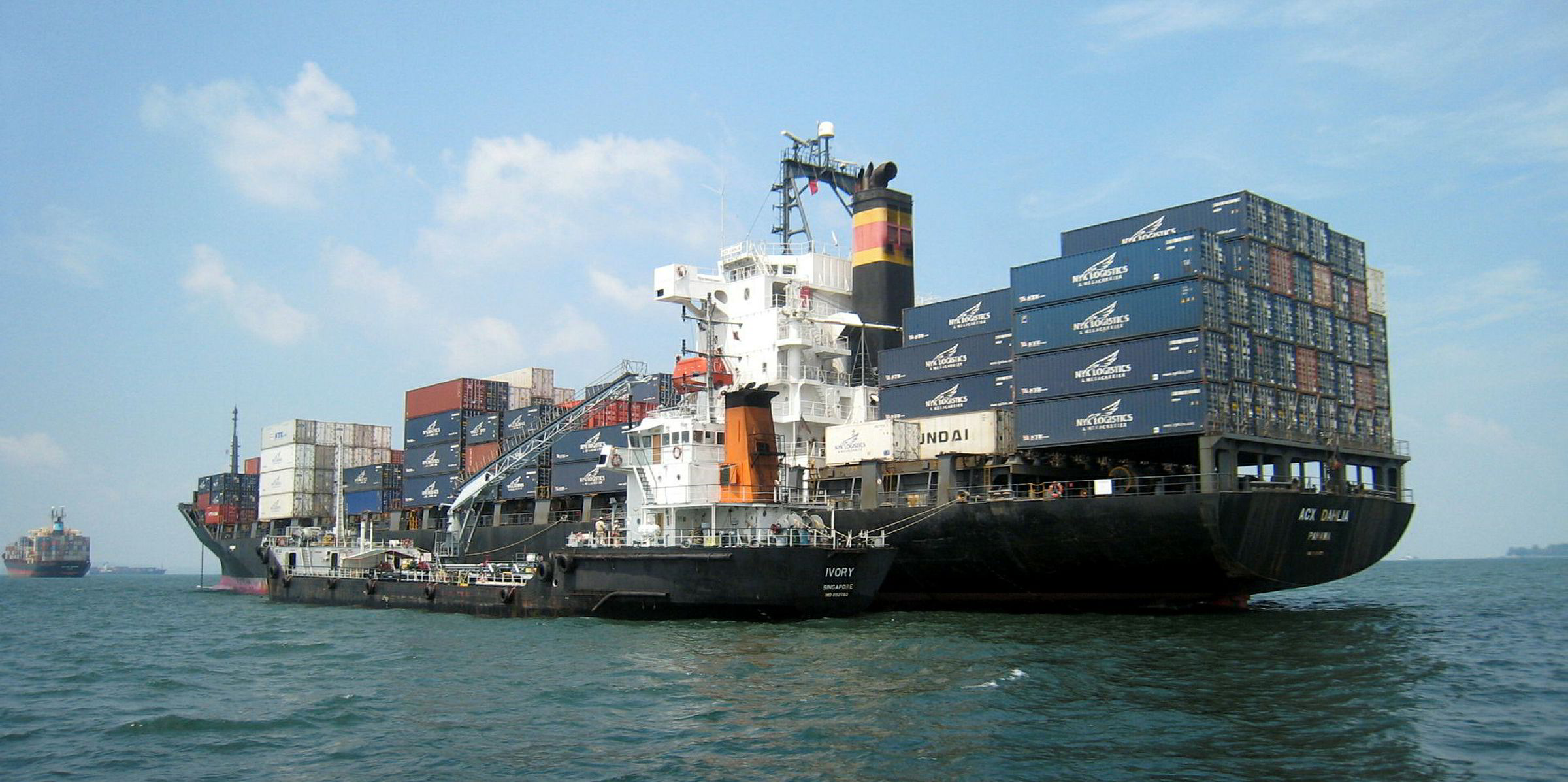Energy majors including Shell and ExxonMobil have obtained patents for their low-sulphur fuel oil (LSFO) products, raising fears over potential infringement of intellectual property and a bunker market oligopoly post-2020.
Those patents — with broad content specifications — might deter smaller bunker blenders and producers from entering the IMO-compliant fuel market, possibly sending a shock wave through the supply chain all the way down to shipowners.
“The threat of expensive and lengthy lawsuits for patent infringement will kill [the patent holders’] competitors,” Ara Barsamian, chief executive of consultancy Refinery Automation Institute, told TradeWinds. “Shipowners will hate to get dragged [into] court for buying ‘infringing’ products.”
Global sulphur limits in bunker fuels will be lowered to 0.5% from 2020, compared with the current level of 3.5%.
While distillates could dominate the IMO-compliant fuel market initially, LSFO will be the preferred choice in the long run due to price competitiveness, many oil officials have predicted.
Driven out of the market
However, ClipperData energy analyst Josh Lowell warned that there could be a limited number of LSFO suppliers, as those bunker players without deep pockets to compete with patent holders may be driven out of the market.
Bunker firms can either negotiate royalty agreements with the majors, challenge those patents or simply ignore them. All the solutions can be costly, while involving legal risks, not to mention the potential loss of customers during legal proceedings.

“Those [patents] are really broad. They are covering as much as possible,” Lowell said. “While this may be a positive for fuel compatibility and stability concerns, it may marginalise fringe LSFO producers.
“If the patents are going to be widely enforced, this could centralise LSFO [production] among a few people.”
Rather than seeking to take control of the LSFO market, the oil majors are most likely playing defence against other players, according to Barsamian.
In the 1990s, Unocal patented its clean gasoline formulas, which became Californian standards, enabling it to extract substantial royalties from some majors.
“Once you have a patent ... you can cross-license with your competitors,” Barsamian explained.
ExxonMobil did not respond to repeated emails by TradeWinds’ press time. TradeWinds understands that Shell may have considered having patents as part of its usual business activity.
Based on several patent examples obtained by TradeWinds, the LSFO products are mainly blending components. In terms of jurisdictions, their applications can cover the US, China, Russia, Singapore and some other countries.
“These would seem to be sensible targets, given the apparent relevance of these patents to both the fuel production and shipping industries,” said Simon Parry, a partner at UK-based law firm Mewburn Ellis.
As wide-ranging as those patents’ contents and geographical coverage seem to be, how powerful they are will depend on whether they can be enforced.
“Some of these patents do seem, from a cursory look, to have rather broad [claims]. Broad patent claims are generally likely to be at a greater risk of being found to be invalid than narrower claims, because they will be more likely to cover, or come close to covering, prior disclosures,” Parry said.

“They, therefore, may be more vulnerable to finding of ‘lack novelty’ or ‘inventive step’ [that a patent requires].”
According to Monjasa chief executive Anders Ostergaard, “establishing governance and enforcement of multiple component blending processes will certainly not be an easy task for any authority, since it [LSFO] will soon become a mainstream commodity”.
Ostergaard pointed out that upstream and midstream players engaged in blending activities could be more affected by the patents, while physical suppliers such as his company are probably less exposed.
“Monjasa does not plan to engage much in blending of IMO-compliant fuels, but instead works closely with the oil majors to make new 0.5% products timely available across our operations,” he said. “So, for our part as reseller of oil products, we do not expect to see any rise in legal disputes.”
As for vessel operators, there are varying degrees of risks for them as bunker consumers.
In the US, the UK and some other jurisdictions, using bunker fuels in infringement of patents would not constitute an offence, provided the vessels are entering the jurisdiction temporarily or accidentally, according to Parry.
However, carrying the products in infringement to and from those jurisdictions for sale or consumption by others is still forbidden.






